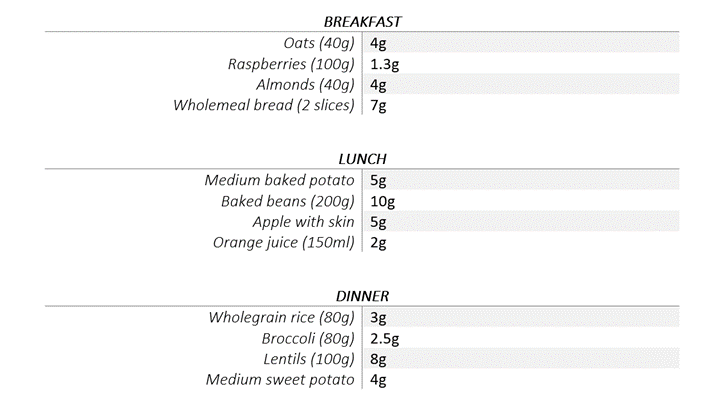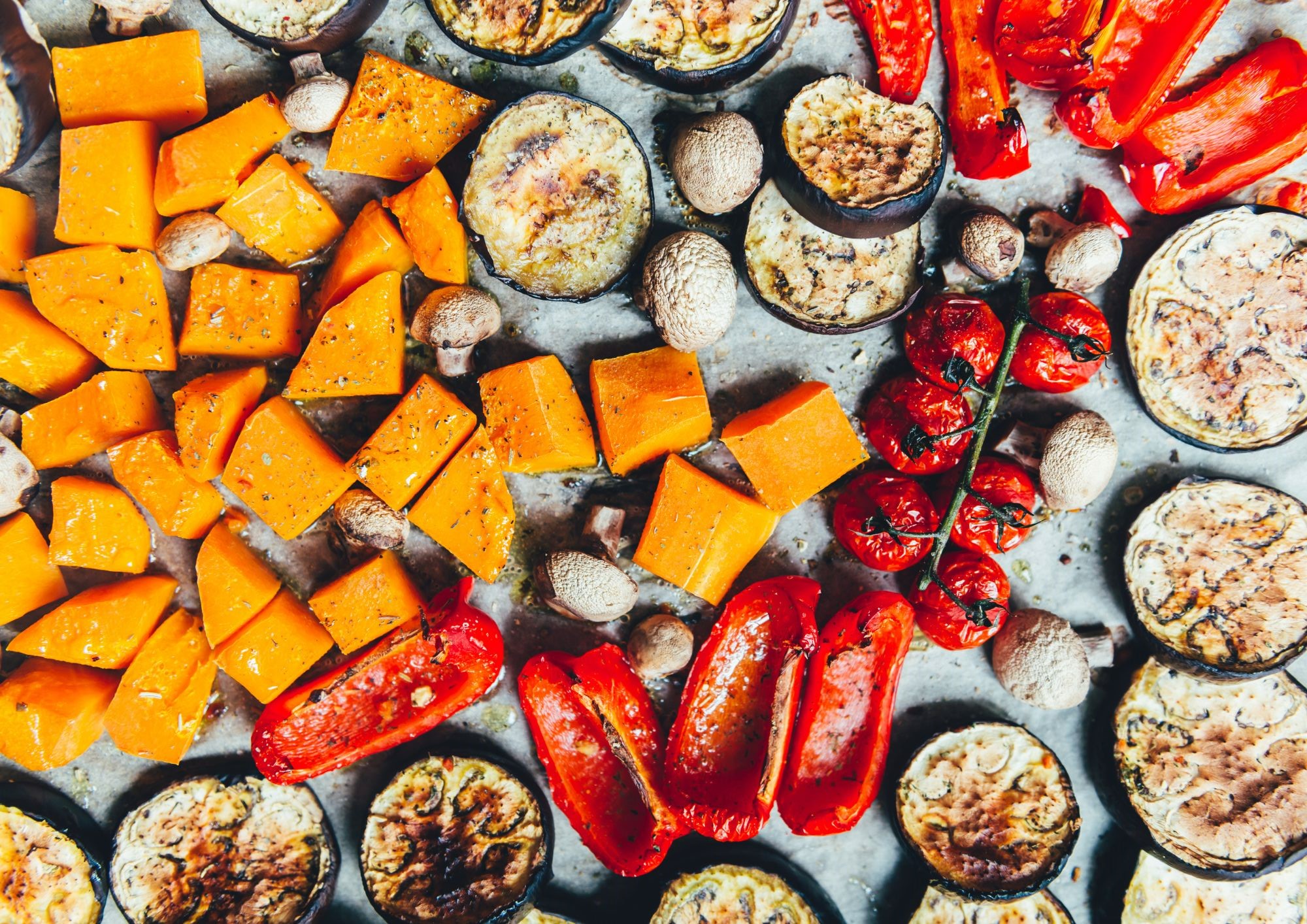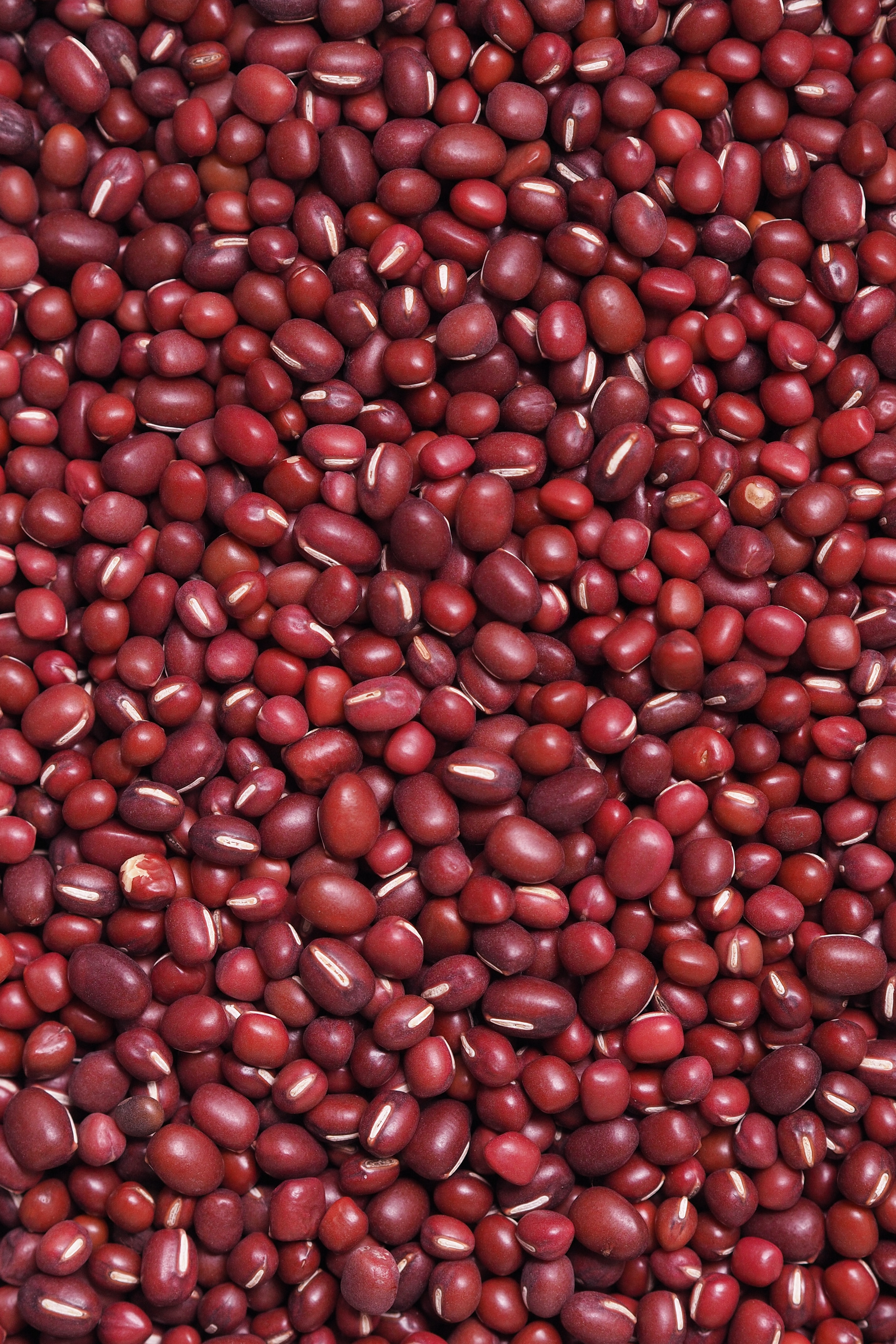References:
Cena, H., & Calder, P. C. (2020). Defining a healthy diet: Evidence for the role of contemporary dietary patterns in health and disease. Nutrients, 12(2), 334. https://doi.org/10.3390/nu12020334
British Nutrition Foundation. (2021, June). Fibre - British Nutrition Foundation. Www.nutrition.org.uk. https://www.nutrition.org.uk/healthy-sustainable-diets/starchy-foods-sugar-and-fibre/fibre/?level=Health%20professional
NHS. (2022, February 23). Why 5 A Day? Nhs.uk. https://www.nhs.uk/live-well/eat-well/5-a-day/why-5-a-day/#:~:text=The%205%20A%20Day%20campaign
Morach et al (2021) Food for Thought: The Protein Transformation. BCG Global. https://www.bcg.com/publications/2021/the-benefits-of-plant-based-meats
Medawar, E. et al. (2019) “The effects of plant-based diets on the body and the brain: A systematic review,” Translational Psychiatry, 9(1). Available at: https://doi.org/10.1038/s41398-019-0552-0.
Hertwich, E. (2010). Assessing the environmental impacts of consumption and production: priority products and materials. UNEP/Earthprint.
Hall, M. (2022, September 26). Food waste 2022 The facts. Business Waste. https://www.businesswaste.co.uk/food-waste-2022-the-facts/





